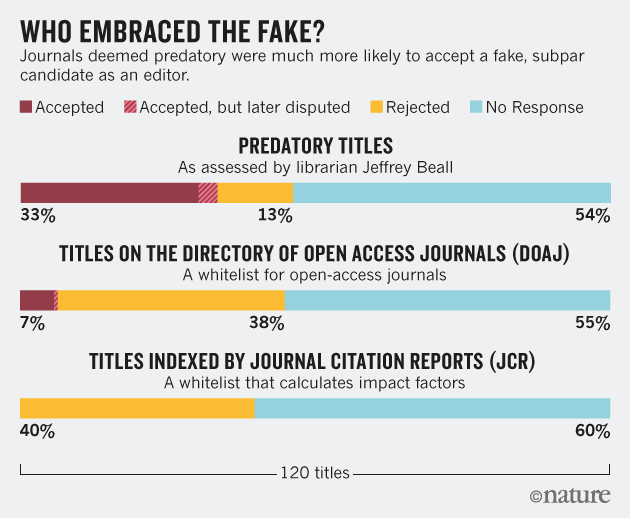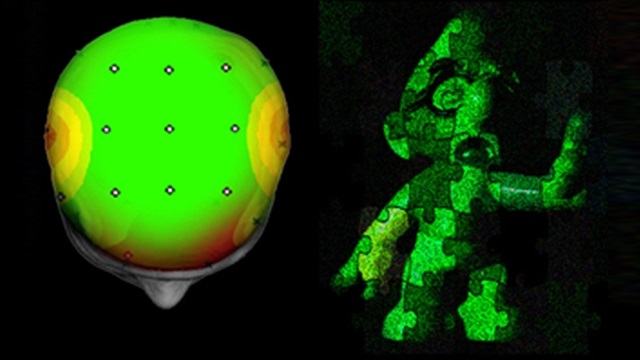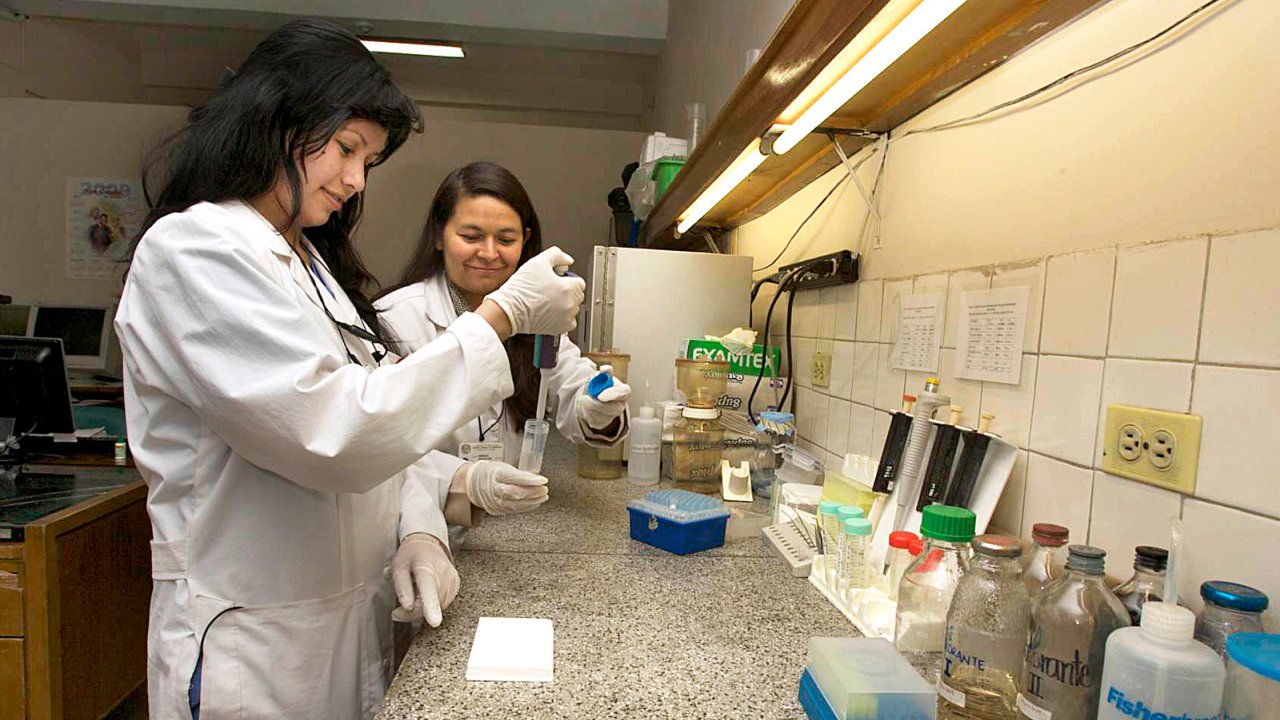
Predatory journals recruit ‘Dr. Fraud’
As I’ve previously discussed, the number of predatory journals is exploding. Predatory journals take advantage of the open access journal publishing model, but unlike legitimate journals they bombard academics with spam emails, lack scientific rigour and transparency, and have poor peer-review processes.
A journal’s editors are critical to its quality. They decide peer-review processes, and if papers should be rejected, revised, or accepted. Editorial roles are usually given to established experts with knowledge relevant to the field of the journal, and are considered distinguished positions.
However, an investigation reported in Nature1 finds dozens of predatory journals ready and willing to offer an unqualified fake scientist a place on their editorial boards.
In 2015, university researchers from Poland created a profile for the fictitious scientist Anna O. Szust, with Oszust being the Polish word for ‘a fraud’. They gave her fake scientific degrees and listed comical book chapters, and set up accounts on Academia.edu, Google+ and Twitter. They also created a faculty webpage that could be accessed only through a link provided on her CV.
The researchers write that:
The profile was dismally inadequate for a role as editor. Szust’s ‘work’ had never been indexed in the Web of Science or Scopus databases, nor did she have a single citation in any literature database. Her CV listed no articles in academic journals or any experience as a reviewer, much less an editor. The books and chapters on her CV did not exist and could not be found through any search engine. Even the publishing houses were fake.
But when they used this profile to submit fake applications for an editor position to 360 journals involving a mix of legitimate titles and suspected predators, forty-eight titles accepted. The researchers report that many of the journals revealed themselves to be even more mercenary than had been expected: “In many cases, we received a positive response within days of application, and often within hours. Four titles immediately appointed Szust editor-in-chief.”
The 360 journals comprised 120 from each of three well-known directories: the JCR (journals with an official impact factor as indexed on Journal Citation Reports), the DOAJ (journals included on the Directory of Open Access Journals), and Beall’s list (potential, possible or probable predatory open-access publishers and journals).
The following diagram shows that most of the acceptances came from suspected predatory journals.

DOAJ claims to provide access to high-quality journals, but six of the eight DOAJ journals that accepted Szust as editor remain on the directory as of March 2017.
In response to the results of their investigation, the researchers state that:
We hope that our sting brings further awareness to the problem of predatory publishing. However, a solution will require targeting the problem at its core by making publishing in illegitimate journals less attractive. Those who reward academics for publishing must make efforts to assess journal quality and to reward only best practices.
To help avoid publishing in predatory journals, you can consult a list of 13 evidence-based characteristics by which predatory journals may potentially be distinguished from presumed legitimate journals.
Reference:
- Sorokowski, P., Kulczycki, E., Sorokowska, A., and Pisanski, K. (2017). Predatory journals recruit fake editor. Nature 543, 481–483 (23 March 2017). doi:10.1038/543481a ↩
Also published on Medium.






